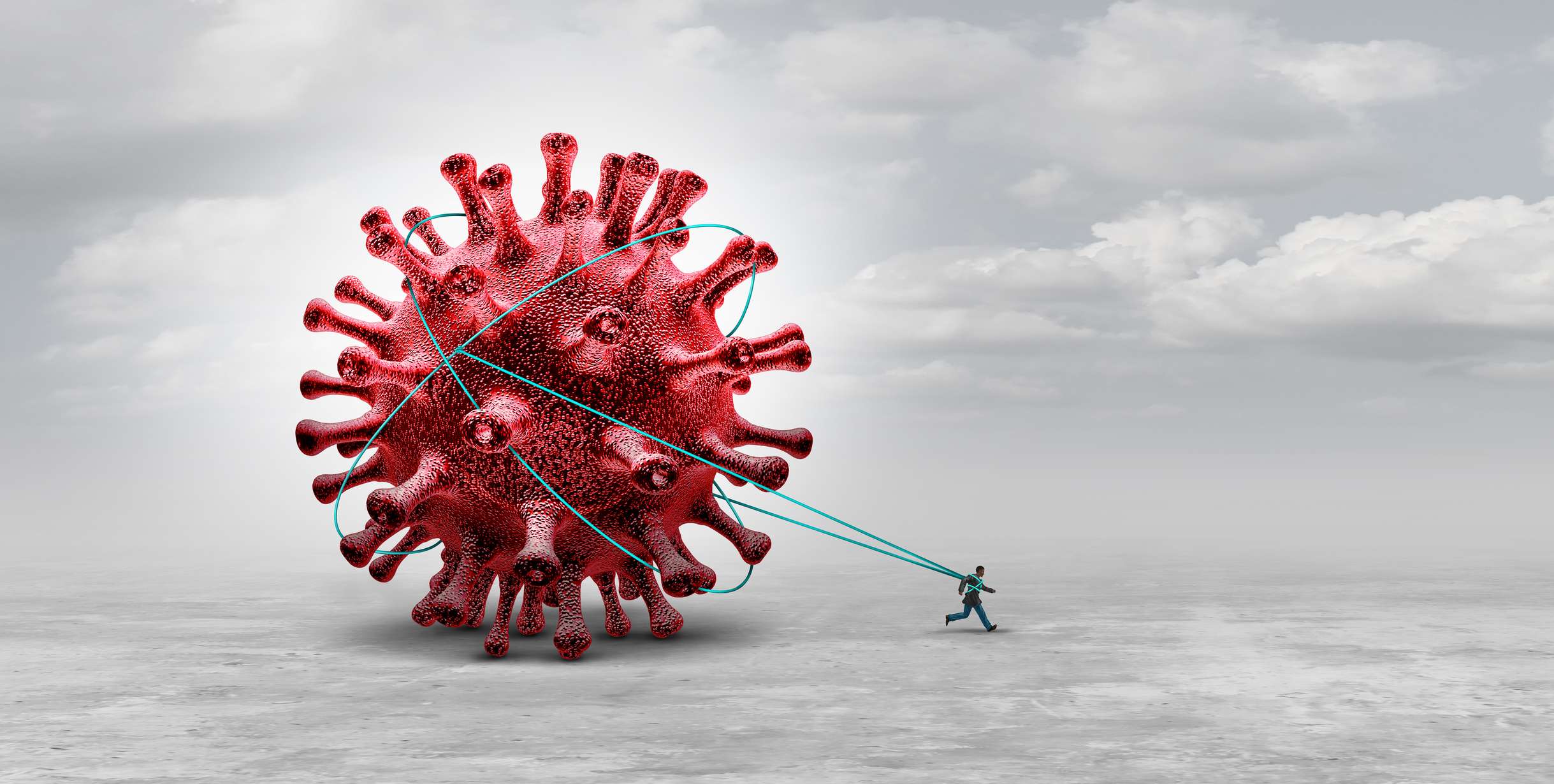There are currently no proven drug treatment options for long COVID or post-COVID syndrome. However, a number of different treatment approaches (e.g. immunoadsorption, lipid apheresis or hyperbaric oxygen therapy) are currently being tested in clinical trials. Some studies also report a possible positive influence of a therapeutic vaccination - i.e. a COVID vaccination for existing PCS symptoms - on the symptoms. However, the data on this is currently still sparse, which is why no general recommendations can be made.
In general, PCS sufferers should receive psychosocial support and basic psychosomatic care if necessary. At present, there are already a number of Long COVID outpatient clinics that specialize in the treatment of Long COVID and PCS.
Pacing
The word pacing refers to an energy management method that is suitable for treating the fatigue that often occurs with PCS, for example. Those affected learn to manage their available energy correctly and not to push themselves beyond their individual limits. With the help of activity logs or heart rate and activity monitors, PCS patients can learn not to overload themselves.
Coping
The term coping refers to a person's efforts to deal with a stressful situation. Long COVID and PCS sufferers should be supported in the course of their medical treatment to develop appropriate coping behavior and integrate it into their daily lives. Different strategies can be used depending on the prevailing symptoms.




